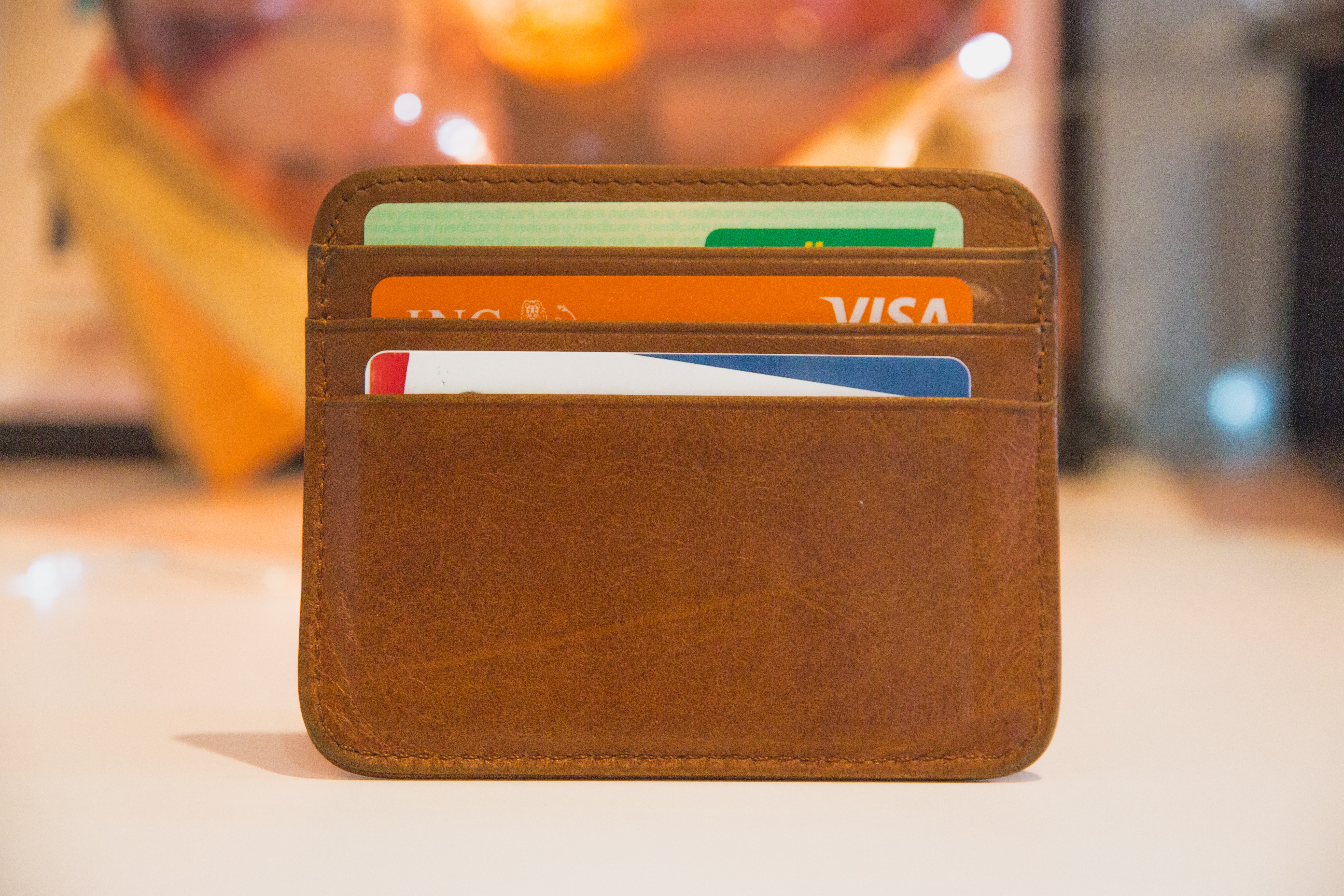9 Ways to Save for a Down Payment on a House

Buying a home is an important decision and a major life-changing event. As such, it needs to be carefully thought about. The process can be long and requires a substantial amount of your savings. It will be worth it in the end.
To be able to buy the house of your dreams, there are a few prerequisites: a good credit score, a steady job, and a savvy strategy to save money for a down payment.
Determine How Much Down Payment You Need
It’s always nice to know exactly how much you need to save. To do so, you’ll need to figure out the total mortgage you qualify for, based on your income and credit score. As a rule of thumb, the price you pay for the house should be no more than 25% of your total income.
Once you know that number, it’s time to estimate the percentage of down payment you will need. Generally, a 20% down payment is considered a good practice as it allows you to get the lowest interest rate and monthly payment. Having a 20% down payment also negates the need for mortgage insurance, which can add between 0.5 and 1% of the amount of your loan.
Of course, you might not have enough to make that 20% down payment and you aren’t alone. The median down payment in the United States was 6% in 2019 and 7% in 2018, so don’t hesitate to ask potential lenders what the current requirements are for the type of mortgage you choose.
It’s not uncommon to want to purchase a home, but not have enough for the down payment. If you find yourself in that situation, consider the following 10 ways you can save some money.
Related post: 3 Tips for Overcoming Money Fears
Savings Tip #1: Create a Budget
One of the easiest ways to save money is to know exactly where your money goes each month. Create a budget, listing out all of your expenses. You’ll be able to see where you can make cuts. Then, determine how much money you can save each pay period. You can do so automatically by having a certain amount transferred out of your spending account on a regular basis.
Open a regular savings account, a high-yield savings account, or a money market account. Each option is stable and will help you earn a return. They are also easily accessible. Alternatively, you can use certificates of deposit if you are planning a long-term savings strategy for the down payment funds. Whichever way you choose, saving starts with that budget - so make sure you've clearly defined the difference between your income and expenses.
Related post: Creating a Household Budget
Savings Tip #2: Cut Expenses
Cut back on expenses that are not essential. If you eat out regularly, consider eating at home. Even one meal per week at home can save a significant amount of money over the long-term. You might also choose to put your cable, streaming services or vacations on hold until you have the money to purchase your home. No matter where you cut, remind yourself that it's for a good cause and doesn't have to be permanent.

Savings Tip #3: Liquidate Your Current Investments
If you have existing investments, it might be time to liquidate them in order to achieve that down payment. Of course, this is different for each person, so make sure that you’ve weighed the pros and cons of doing so.
Savings Tip #4: Ask Your Family
There’s nothing wrong with asking relatives and close friends for financial assistance, but you want to tread carefully. If you do intend to take out a mortgage, you won’t be able to do so using money that has been borrowed. Make sure your friends and family know that you will not be paying back the money.
Savings Tip #5: Make a Little Extra Cash
I bet if you took a look through your closets, cupboards and that basement storage room you could come up with a few (or a lot of) things to sell. If so, why not take the time to offload those items? With a multitude of online groups for selling and buying, you can easily get a substantial chunk of money selling personal items and pad that down payment fund for the future.
Savings Tip #6: Transfer Credit Card Balances
While it might be better to pay off your credit cards before taking on a mortgage, if you can’t do so, it might be time to consider other options. High-interest rate credit cards could be causing you to pay unnecessarily high dollar amounts and more interest. Look for no-interest or low-interest cards and transfer the balances. By consolidating all credit into a low-interest credit account more of your payment will go toward paying the principal balance, rather than the interest charges. Alternatively, you could try to negotiate with your existing credit card company getting a lower interest rate.

Savings Tip #7: Increase Your Income
If you don't have enough income coming in to save for your down payment, it might be time to get an alternative source of income. For a short period of time, you can get another job or take a temporary project. You'll earn more and grow your savings account at the same time. You can also ask for a raise at your current job or apply for a better paying job that will get you to your savings goals quicker.
Related post: Facing Your Fear: How to Ask for a Raise When You're Underpaid
Savings Tip #8: Bank the Extras
Whenever a little extra money comes in that’s not necessary to pay the bills, add it to your savings account. Whether it is a surprise check from the IRS, a bonus, or a gift, you can deposit the extra money in your savings account. Even small additions will slowly add up to the big amount you need for your down payment.
Savings Tip #9: Seek Out Aid
Government-sponsored agencies, like Fannie Mae and Freddie Mac, as well as many state agencies, non-profit organizations, and community groups, offer programs to provide financial aid and even offer grants to home buyers. Tapping into these opportunities could be a great way to come up with a down payment quickly.
Save for Your Down Payment
Homeownership is the dream of many. Taking the time to save for your down payment not only gets you the dream, but you also have the added benefit of having a great savings strategy that you can continue to practice, even after you buy your house. Sustaining a reasonable amount of savings will allow you to cover your mortgage payment, insurance and other additional expenses related to owning a house. You’ll also be able to account for unpredictable events, such as losing a job or a major car repair.
Over a million Americans buy their first home every year. They go through the same process and fulfill their goal of purchasing a house without any equity from an existing home. If they can do it, so can you! Be smart and creative, research thoroughly, and make a plan. Then, follow it for success!
Are you saving for a home? If so, let us know what methods you are using to do so! Been through the process? Give us some tips for success!



